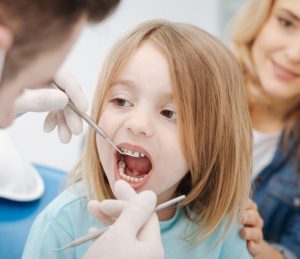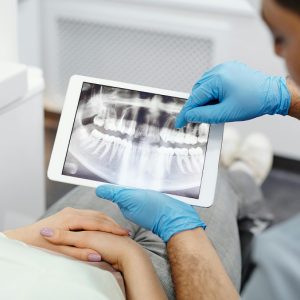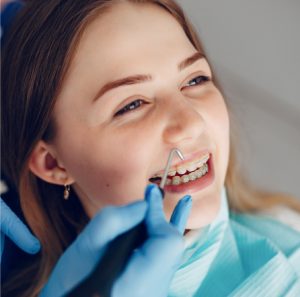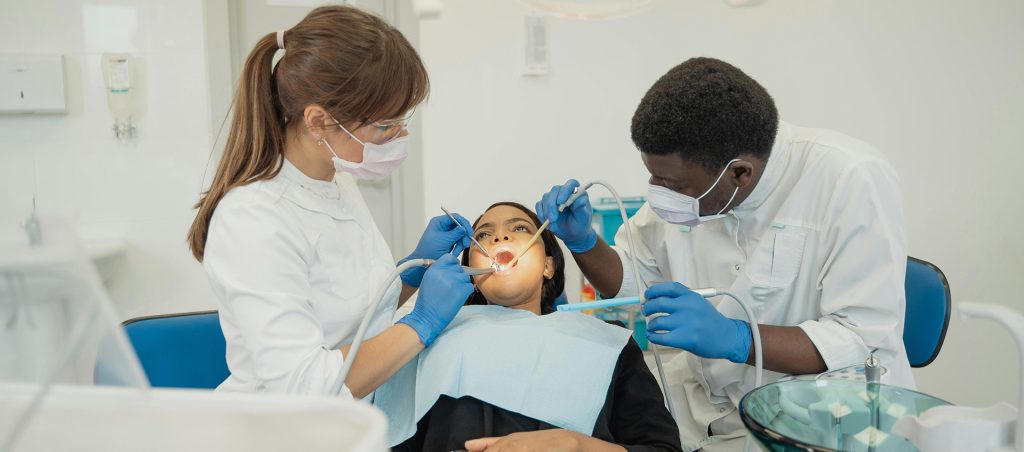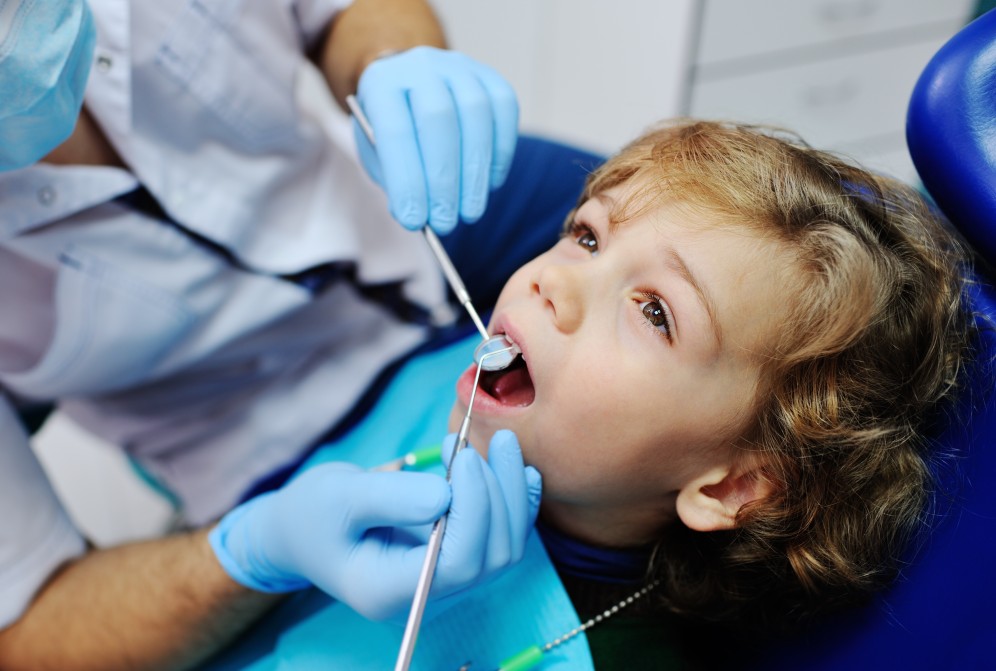General Dentistry
Caring For YourTeeth at Home
Tips on how to maintain healthy teeth

Caring For Your Teeth at Home Overview
General dental advice on how to maintain healthy teeth plus tips to help you deal with any non emergency dental problems.





The Essentials of Maintaining a Healthy Mouth
Tips on how to
maintain healthy teeth
It’s vital that we all engage in daily brushing and flossing, but to take your oral hygiene to the next level, follow a handful of particular steps to good dental health. These include:
- Using products that contain fluoride.
- Limiting snacks that are high in sugar.
- Eating a balanced diet of fruits and vegetables.
- Avoiding tobacco in any form.
- Find the tooth…if it is clean push it gently back into the socket yourself .. Make sure it is the facing the right way! Call us to book an emergency appointment and we will try to see you as soon as possible.
- If it isn’t clean or you are not confident about pushing it back yourself. Put the tooth in either a container of milk or your mouth. Do not swallow it.
- Take painkillers if you need to. Avoid aspirin as it may encourage further bleeding.
- Don’t handle the tooth by the root. It has fragile ligaments which need to be kept intact if it is to be successfully replaced.
- Don’t try to clean it with disinfectant or water. Don’t let it dry out. Just put it in a container of milk.
- Don’t panic! Teeth can and are successfully put back in! We may need to splint the tooth in position and you will almost certainly need further work on it later on.
- Baby teeth get knocked out and we don’t usually try to re-implant them and if an adult tooth has not been knocked out in one piece it may not be possible to re-implant it, we will always do everything we can to help.
Patients with tooth sensitivity feel pain when they consume items that are hot or cold, sweet or acidic. The pain is severe but only lasts for a few seconds. If you get pain that lasts longer than this and is triggered with hot things more than cold you have toothache not sensitivity!
Sensitivity comes from thinned tooth enamel, which doesn’t protect the tooth pulp or dentin from exposure to extreme temperatures. In some patients, this may be a result of:
- Receding gums
- Tooth grinding during sleep
- Chipped or fractured teeth
- Tooth whitening
- Orthodontics and fillings
The solution is to limit exposing your teeth to acid attack, cleaning with an electric tooth brush and using toothpaste for sensitive teeth. Use the toothpaste as an ointment…rub it into the sensitive areas and leave it there.
Book a check-up with your dentist to discuss the problem further to see if any treatment is required.
Bad breath is most commonly caused by the smelly gases produced by the bacteria coating your teeth and gums. Food debris trapped in between the teeth can also start to decompose and cause a very unpleasant odour. Effective and regular tooth brushing and cleaning in between your teeth with dental tape or interdental brushes and cleaning your tongue is crucial to keep your breath fresh.
Book a check-up with your dentist to discuss the problem further to see if any treatment is required.
Strong foods like garlic coffee and onions and smoking of course adds to the problem, as can having a dry mouth caused by certain medical conditions and some prescribed drugs and mouth breathing. Artificial saliva products may help.
Infections in the throat nose lungs or sinuses and diabetes liver or kidney problems may also cause bad breath.
Tips To Help Manage Dental Problems at home
Please click on the button below to read advice on any of the following dental problems together with information about what counts as a dental emergency and painkillers you can use if you are in pain.
- Toothache
- Wisdom Teeth
- Ulcers
- Pain or bleeding after an extraction
- Bleeding Gums
- Lost Crown

Dental Emergency Solution




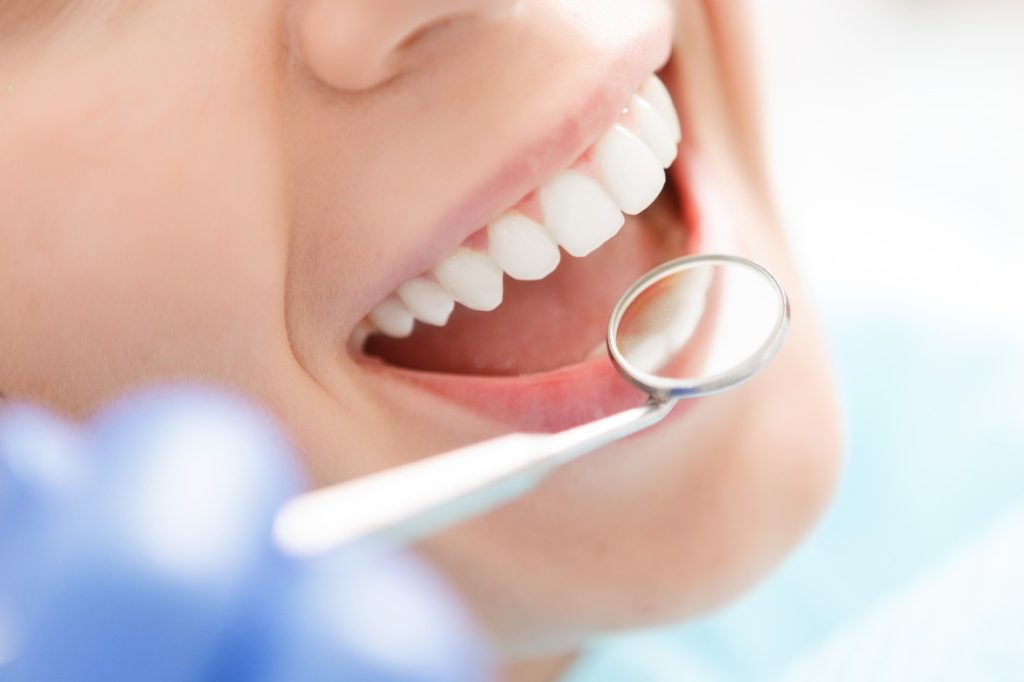
Other General Dentistry Treatments


